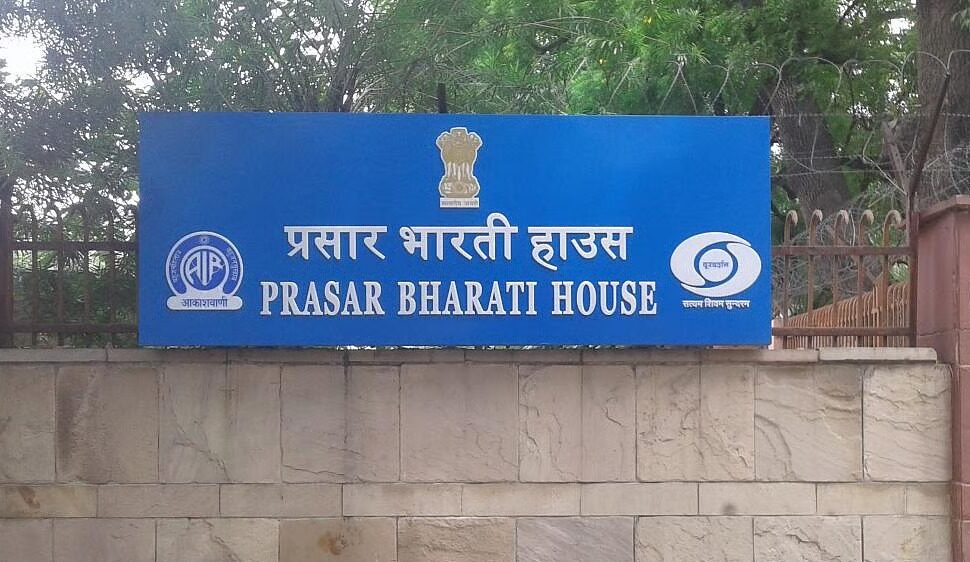The central government will introduce stricter traffic rules to curb violations by penalising those who fail to pay traffic challans. According to the proposed regulations, as per money control, if a vehicle owner does not settle their e-challan within 90 days, their driving license (DL) may be suspended. Additionally, if drivers incur three challans in a year for offences such as jumping a red light or speeding, their license may be confiscated for at least three months.
Improved Enforcement Action The government move to crack down on traffic regulations follows the mounting violations, more so non-payment of e-challans. Reckless drivers who have been regular violators will be dealt with harshly, facing the threat of license revocation. As part of a bid to streamline the process, the government will serve a notice within three days of the e-challan being issued, allowing the offender 30 days to pay the fine or raise a grievance. In the event of a failure to respond within this timeframe, the violation will be treated as admitted.
Insurance Penalty for Pending Challans In addition to license suspension, the government plans to link unpaid challans with vehicle insurance premiums. Those who fail to clear their dues for two consecutive years may face higher insurance costs when renewing their vehicle policy. This move aims to discourage non-compliance with traffic laws while integrating the penalty into routine vehicle maintenance costs.
State-wise E-Challan Payment Discrepancies The initiative comes as several states lag in e-challan payments. Data indicates that Delhi, Karnataka, Tamil Nadu, and Uttar Pradesh have notably low payment rates of 14%, 21%, 27%, and 27% respectively. In contrast, states like Rajasthan, Bihar, Madhya Pradesh, Maharashtra, and Haryana report payment rates between 62% and 76%.
Updating Contact Details Made Mandatory To ensure challan notifications reach vehicle owners, the government plans to mandate the updating of mobile numbers and addresses in the vehicle registration database. Vehicle owners will have three months to update their details, failing which essential services like pollution under control (PUC) certification and vehicle insurance renewal will be restricted.
Public Response and Policy Expectation Although some drivers have raised concerns regarding the strictness of these regulations, road safety activists contend that increased enforcement is required to decrease road fatalities and promote compliance. The government is hopeful that the new rules will instil a responsible driving culture, thereby reducing road accidents in the nation.
Also Read: What to Do When Your Car Brakes Fail: Safety Tips for Drivers




















